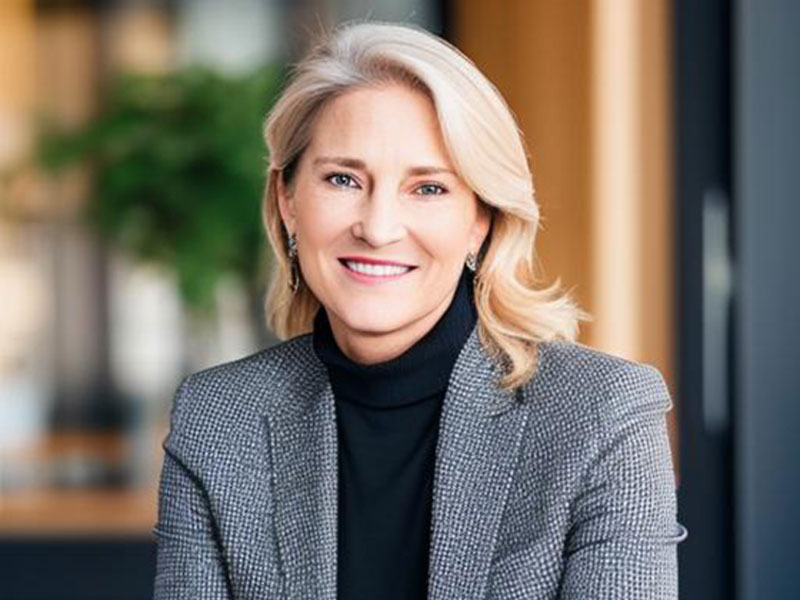This article was written by Shufen Goh and was first published in Campaign
We have just wrapped up our CMO Outlook survey for 2020, and the consensus is that marketing can claim its seat in the boardroom. The CMO is closer to the head of the table than ever, and with that comes the pressure to perform. But that doesn’t daunt marketing leaders in the region. They are up to the challenge, even if one-fifth have had their budgets cut by more than half in recent months. 73% of senior marketers surveyed reported themselves confident to deliver results.
Realising the significance and potential of marketing
The purpose of CMO Outlook has been to provide marketers with a short-term roadmap and give our network a pulse check of the industry. What is apparent in the third wave of our biannual survey is that marketing’s integration with multiple areas of business has brought its significance and potential into full scope. This solidification in status is not just the result of COVID-19, but timely issues related to media, safety, investment, and societal wellbeing.
Marketing has shown to be an avenue for action with the unique ability to play in the public, corporate, and political arena, and it is from there that it has harnessed its power. This provides marketers with more gravitas, but there are also other factors at play that will enable marketers to make change.
Two areas that stand out are the shift to conversion-driven marketing, and the expanded skill sets of marketers.
1. The shift to conversion-driven marketing
In a period of flux and economic downturn, CMOs need their efforts to drive greater returns. Customer retention costs less than customer acquisition, and more marketers have chosen to focus efforts on the former. The goal post has changed to conversion-driven marketing, which is less costly than brand building and awareness. In CMO Outlook, marketers reported addressing this change by:
- Extracting value from available resource: With a majority of marketing budgets being reduced by 20% to 50%, extracting value from existing resource and customers will shape roadmaps going forward.
- Using media to drive returns for the business: 71% of marketers reported that it has become more crucial for media investments to be accountable to overall business goals.
- Developing partnerships fast and lean suppliers: As the focus is on keeping costs low and speed to market, partnership structures will change, with marketers look to shift work in-house (22%) and to other partners like production houses and influencers (20%).
2. Drawing on an expanded skill set
The resilience that marketers are showing in such tough times also points to an interesting development in their individual skill sets and ambitions for their teams.
We hear time and time again of marketer’s involvement in driving business results, increasing financial and data transparency, and developing talent – areas more traditionally associated with CEOs, CFOs, CTOs, CIOs, and HR. As such, it comes as no surprise that CMOs place high value on skills like strategic thinking, data analytics and creativity – skills also reported lacking in most teams.
Recognising the challenges of hiring permanent staff in a depressed market while requiring more complex skill sets, CMOs are not looking to reduce the size of marketing teams as a means to cut business operating costs. They are more inclined to bring in temporary help via contractors and freelancers as opposed to permanently expanding the team. This is temporary measure. It does, however, present the opportunity for agencies to step up, grow business relationships, and show themselves experts in their fields.





